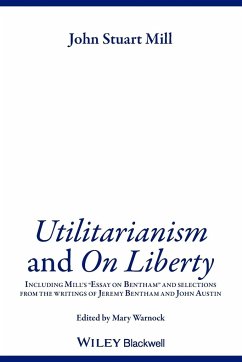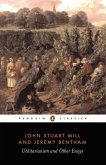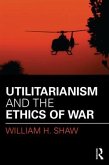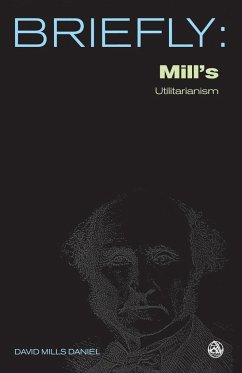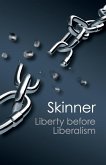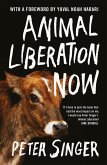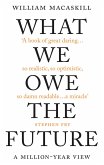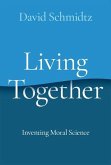Contains Mill s most famous and influential works, Utilitarianism and On Liberty as well as his important Essay on Bentham.
Uses the 1871 edition of Utilitarianism , the last to be published in Mill s lifetime.
Including three of his most famous and important essays, Utilitarianism, On Liberty, and Essay on Bentham, along with formative selections from Jeremy Bentham and John Austin, this volume provides a uniquely perspicuous view of Mill's ethical and political thought.
Uses the 1871 edition of Utilitarianism , the last to be published in Mill s lifetime.
Including three of his most famous and important essays, Utilitarianism, On Liberty, and Essay on Bentham, along with formative selections from Jeremy Bentham and John Austin, this volume provides a uniquely perspicuous view of Mill's ethical and political thought.
"Anyone interested in the utilitarianism of Bentham and Mill willbe pleased to have the essential readings in one volume andgrateful to Mary Warnock for her informative and insightfulintroduction." William H. Shaw, San Jose State University
"The creed which accepts as the foundation of morals Utility, orthe Greatest Happiness Principle, holds that actions are right inproportion as they tend to promote happiness, wrong as they tend toproduce the reverse of happiness." John Stuart Mill,Utilitarianism
"The sole end for which mankind are warranted, individually orcollectively, in interfering with the liberty of action of any oftheir number, is self-protection." John Stuart Mill, OnLiberty
"The creed which accepts as the foundation of morals Utility, orthe Greatest Happiness Principle, holds that actions are right inproportion as they tend to promote happiness, wrong as they tend toproduce the reverse of happiness." John Stuart Mill,Utilitarianism
"The sole end for which mankind are warranted, individually orcollectively, in interfering with the liberty of action of any oftheir number, is self-protection." John Stuart Mill, OnLiberty

